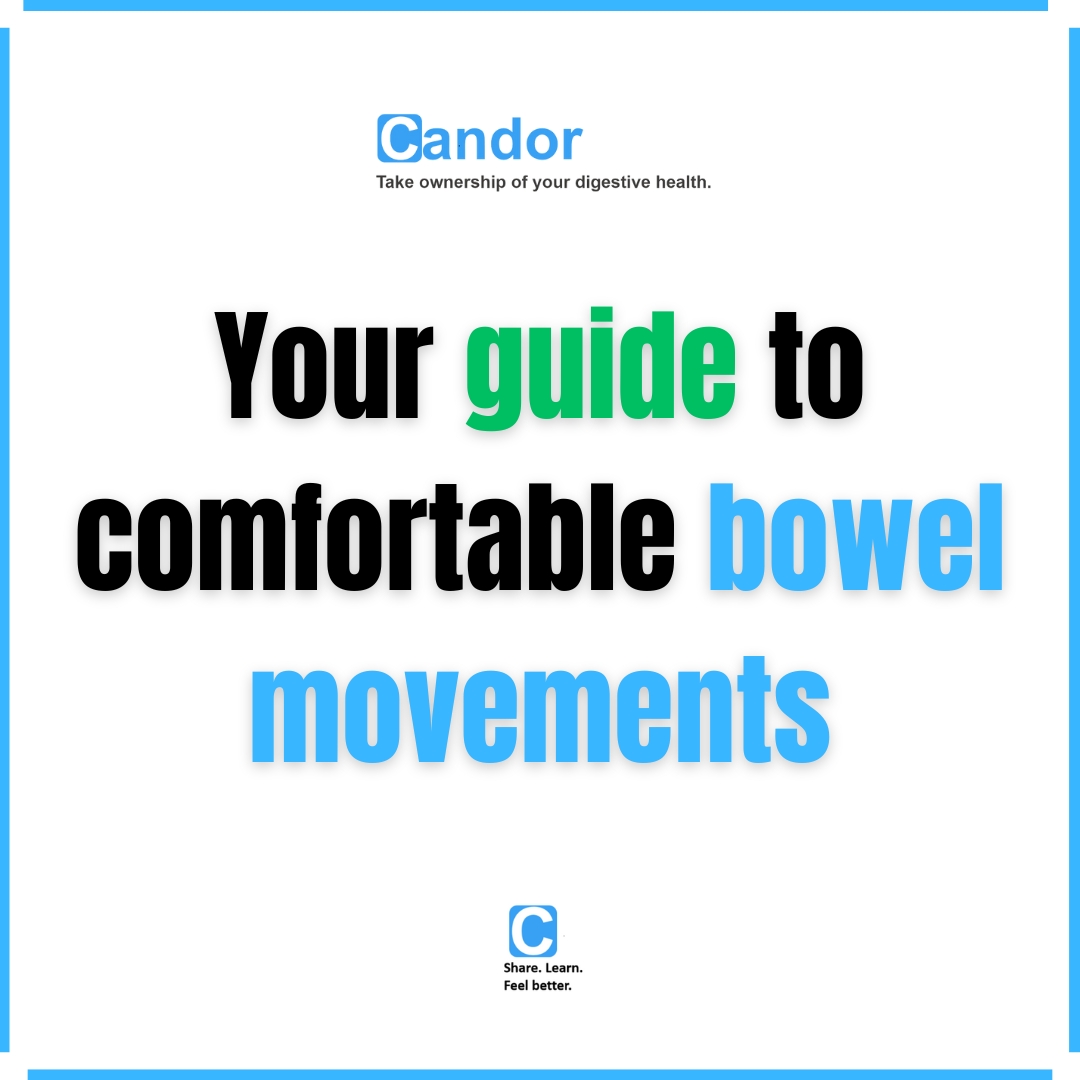
If you are new to FODMAPs, read our overview first.
Before embarking on a low-FODMAP diet, it is essential to seek approval and guidance from your healthcare provider. The initial phase of this diet restricts a wide range of foods, which may result in nutrient deficiencies if followed for an extended period. Therefore, it is crucial to remember that the first two steps outlined here are intended as temporary measures rather than a long-term solution.
If you suffer from Irritable Bowel Syndrome (IBS), you may consider trying the low-FODMAP diet under the following circumstances:
- After obtaining approval from your healthcare provider, instead of immediately resorting to IBS medications.
- You can also use the low-FODMAP diet in conjunction with your prescribed IBS medications to enhance symptom management.
Remember, always consult with your healthcare provider before making any significant dietary changes or starting a new treatment plan.
There are a number of risks of low FODMAP diet to watch for.
- Professional support through physicians and dietitians is recommended before embarking on the diet. It is best for patients to seek medical advice instead of self-adopting as there can be a meaningful impact on nutrient intake.
- Restriction stage of the low FODMAP diet can reduce the number of species of gut microbiota, including bifidobacteria and its beneficial effects. It is not recommended to go on a low FODMAP diet long term for this reason.
- It is not effective for everyone. Even when followed correctly, and under the guidance of a medical professional, it is estimated that around 1 in 3 patients may not see improvements in symptoms such as abdominal bloating and discomfort.
- The diet can be complex to adhere to, and requires diligent shopping and selection of relevant ingredients, and can turn expensive. Social interactions may suffer as well due to the food restrictions.
- Fiber, iron and calcium levels could be negatively impacted by a low FODMAP diet during the restriction stage. Dietitians may recommend calcium fortified meals, meats or meat alternatives for iron and low FODMAP cereals, fruits or vegetables for fiber.
References:
- Bellini, M., et al. (2020). “Low FODMAP diet: Evidence, doubts, and hopes.” Nutrients.
- Gibson PR (March 2017). “History of the low FODMAP diet”. Journal of Gastroenterology and Hepatology (Review).
- Halmos, E. P., et al. (2019). “Controversies and reality of the FODMAP diet for patients with irritable bowel syndrome.” Journal of Gastroenterology and Hepatology.










